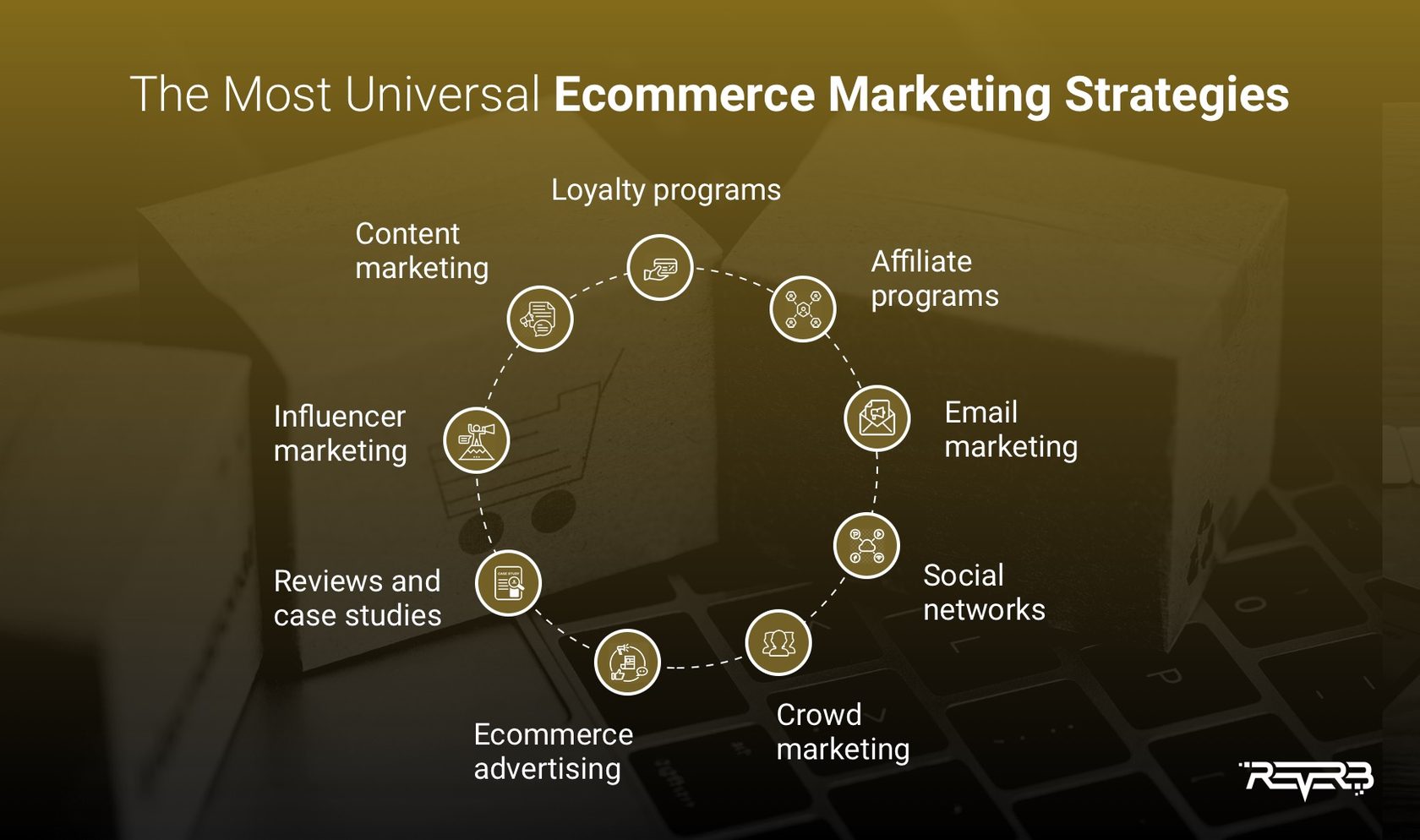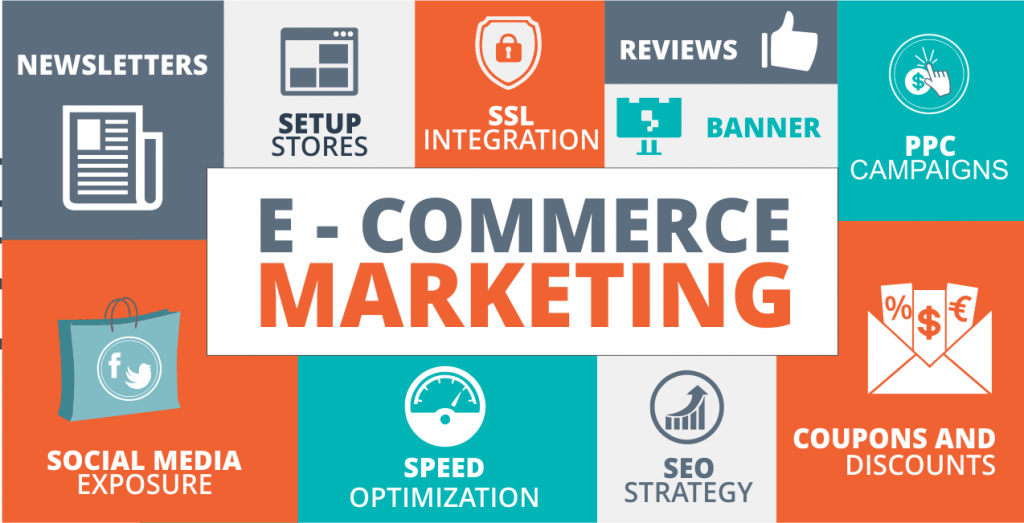
Imagine you've just opened a shiny new ecommerce store. You've stocked your virtual shelves, set up your shopping cart, and now you're ready for the customers to start rolling in. But wait, where is everyone? The harsh reality is that without a solid marketing strategy, your new online store can end up feeling like a ghost town. So, let's roll up our sleeves and dive into some powerful ecommerce marketing strategies for new stores that will help you boost ecommerce sales and fuel online business growth.
Understanding Your Target Audience
Before you start throwing marketing tactics against the wall to see what sticks, take a step back and understand your target audience. Who are they? What do they like? Where do they hang out online? By creating detailed buyer personas, you'll be able to tailor your ecommerce marketing tips to resonate with your audience and maximize your ROI.
Search Engine Optimization (SEO)
SEO is like the roadmap that guides customers to your online store. Without it, you're virtually invisible. To start, identify relevant keywords using tools like Google Keyword Planner or SEMrush. Then, incorporate these keywords naturally into your product descriptions, blog posts, and meta tags. Remember, SEO is a marathon, not a sprint. It takes time, but the results are worth the effort. For a deeper dive into SEO, check out Moz's Beginner Guide to SEO.
Content Marketing
Content is king in the world of ecommerce marketing. By creating valuable, engaging content, you'll not only improve your SEO but also build trust with your audience. Start a blog on your website, share customer testimonials, or create how-to videos. The key is to provide value, not just promote your products. Need inspiration? Look at how Beardbrand uses content to educate and engage their audience.
Social Media Marketing
Social media is the town square of the internet. It's where people gather, share, and discover new things. As a new online store, you need to be part of the conversation. Choose the platforms that best fit your target audience and start engaging. Share your content, run promotions, and respond to customer inquiries. Warby Parker is a great example of a brand that uses social media to connect with their audience in an authentic way.
Email Marketing
Email marketing is like the old friend that's been there since the beginning. It's reliable, effective, and surprisingly personal. Start building your email list from day one. Offer a sign-up incentive, like a discount or free guide, then nurture your list with regular, valuable emails. Campaign Monitor offers a great guide for email marketing newbies.

Pay-Per-Click (PPC) Advertising
PPC is like the fast pass to the top of the search engine results. It's a quick way to boost ecommerce sales while you're waiting for your SEO efforts to pay off. Google Ads is the most popular PPC platform, but don't overlook social media ads. Start with a small budget, test different ads, and scale up what works.
Influencer Marketing
Influencer marketing is like the modern-day word-of-mouth. It leverages the reach and trust of influencers to promote your products. Identify influencers in your niche, reach out to them, and offer free products or commissions in exchange for promotion. Tools like BuzzSumo can help you find relevant influencers.
Measure, Optimize, Repeat
Ecommerce marketing isn't a set-it-and-forget-it endeavor. You need to constantly measure your efforts, optimize what's working, and ditch what's not. Tools like Google Analytics can provide valuable insights into your website traffic and customer behavior. Use this data to inform your new online store strategies and continually improve your marketing tactics.

Conclusion
Launching a new ecommerce store is an exciting adventure. But remember, if you build it, they won't necessarily come. You need to shout about your store from the digital rooftops. Understand your audience, optimize for search engines, create valuable content, engage on social media, nurture your email list, experiment with PPC, and leverage influencers. Most importantly, keep testing, keep learning, and keep optimizing. Your effort will pay off in increased sales and online business growth.
So, are you ready to turn your ecommerce store into a bustling marketplace? What strategies will you implement first? Let us know in the comments!
FAQs
Q: How long does it take to see results from SEO?
- A: SEO is a long-term strategy. While you might see some results within a few months, it typically takes 6-12 months to see significant improvements.
Q: What's the best social media platform for ecommerce marketing?
- A: The best platform depends on your target audience. Facebook and Instagram are great for most ecommerce stores, but if you're targeting professionals, LinkedIn might be more effective.
Q: How often should I send marketing emails?
- A: There's no one-size-fits-all answer. Some businesses send daily emails, others weekly or monthly. The key is to find a frequency that your audience responds to without becoming overwhelmed.
Q: How much should I spend on PPC advertising?
- A: Start with a small budget, say $50-$100 per day. Test different ads and keywords, then scale up your budget as you see a positive ROI.
Q: How do I find influencers for my niche?
- A: Tools like BuzzSumo, Followerwonk, and even manual searches on social media platforms can help you find influencers in your niche. Look for people who share content relevant to your industry and have an engaged following.
Posting Komentar